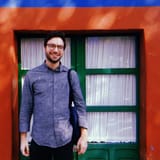The Brooklyn Book Bodega Looks to Fill the Borough with “100 Book Homes”
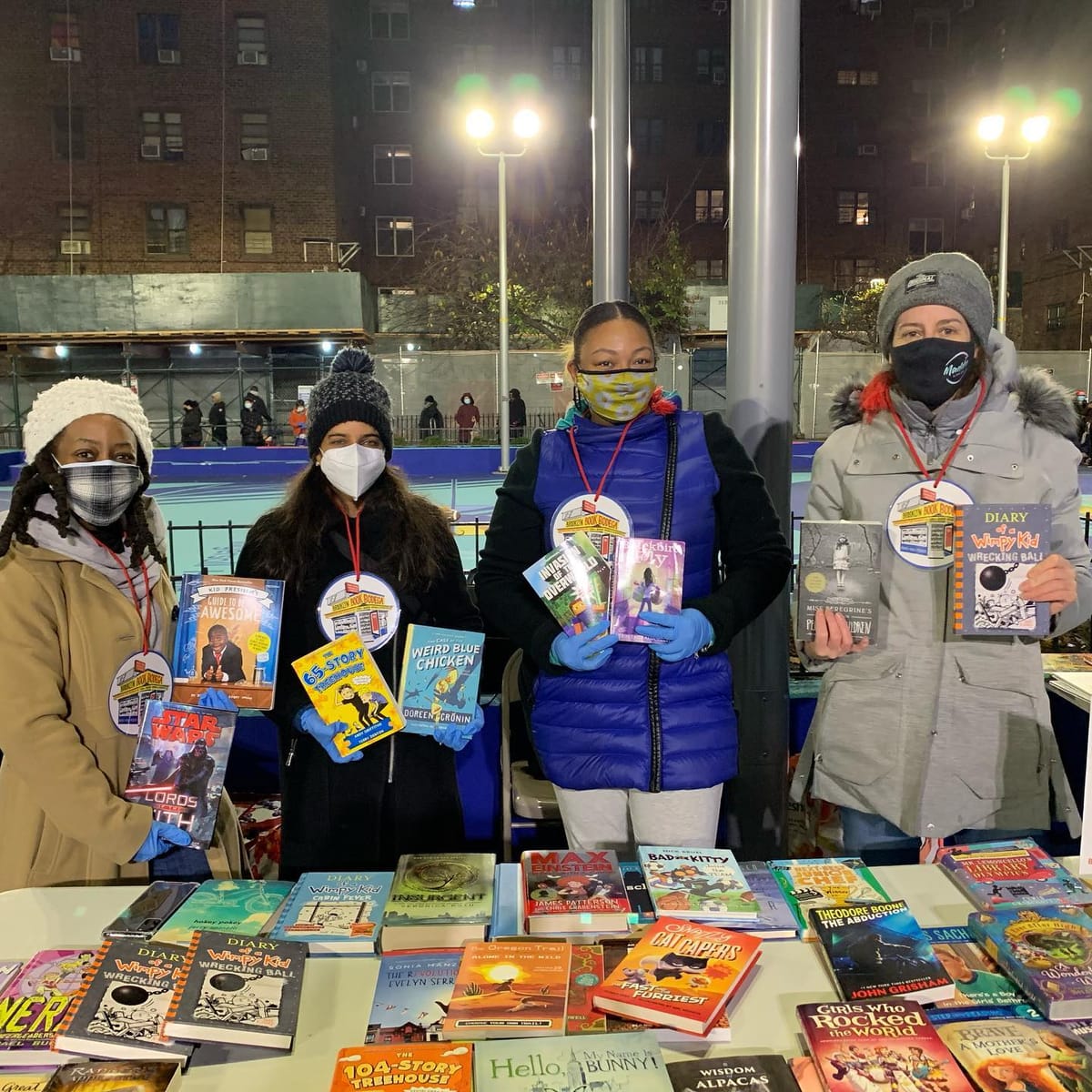
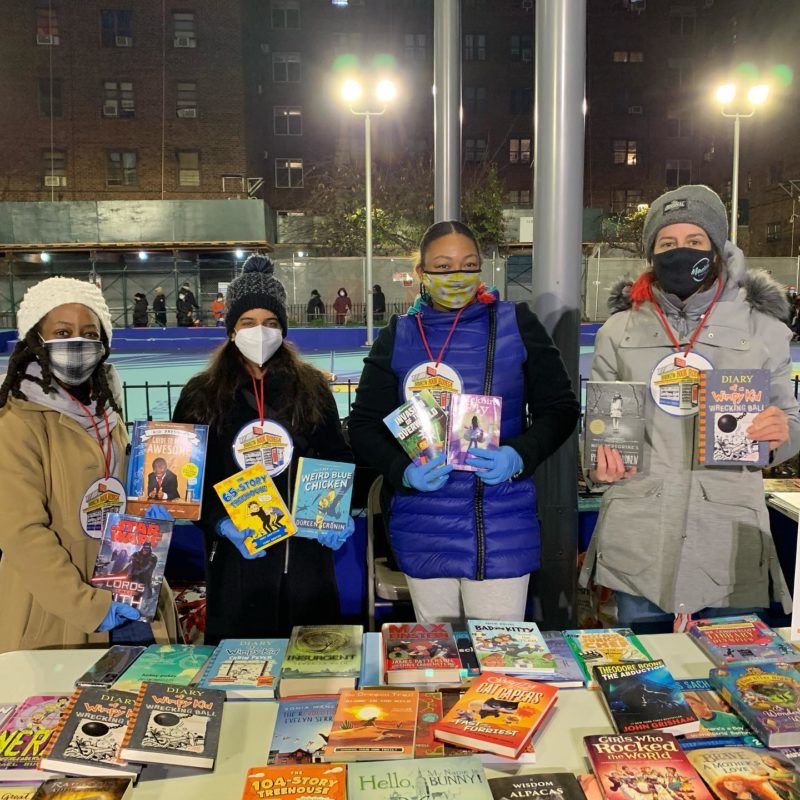
Rebecca Cohen likes to say that books can be both mirrors and windows.
“You can see into spaces you’ve never been,” she said, referencing an idea first introduced by the educator Emily Style in the 1980s. “And you can get a book that reflects back your own reality, and helps you understand your own world or culture.”
In fall 2018, Cohen, herself a long-time educator and parent who lives in Cobble Hill, began to realize the metaphor also aptly described the diversity of the borough itself. She started to talk to other parents about some sort of local book exchange, but the idea didn’t fully form until she was approached by a friend, Damel Carnegie, who works at the Ingersoll Cornerstone Community Center in Downtown Brooklyn.
That summer, a publisher had donated a massive amount of books to the community center. Staff organized a giveaway event, but still had more titles than they knew what to do with.
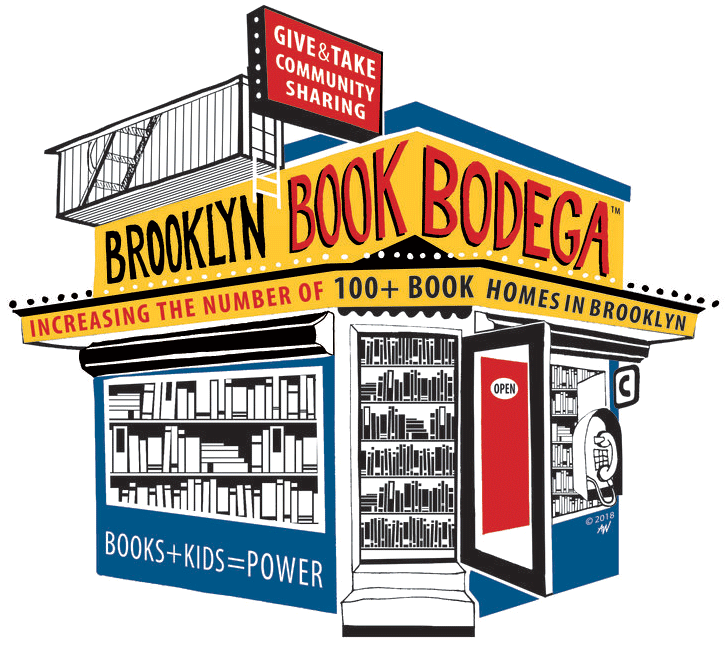
That’s when the Brooklyn Book Bodega was born. The nonprofit, which Cohen co-founded with fellow parent Seema Aghera, collects and distributes thousands of free books to children and families across the borough, and organizes literacy-based events designed to connect neighbors and increase the number of “100+ book homes,” which research shows can boost life outcomes for children and adolescents.
“When you look at organizations like ours, they typically fall into one of two buckets,” Cohen said. “They’re either book distributors or they are literacy programmatic folks. We saw ourselves as both with this bridge of building community. So we wanted to have space for all types of people at our table.”
That mindset was present from the earliest days of the organization’s work. The Bodega would collect donated books from families across the borough, and then organize giveaways that were on or near NYCHA’s Ingersoll Houses but open to anyone.
“It was not uncommon to see a public housing resident looking at a book, standing next to someone from a multimillion dollar apartment,” Cohen said.
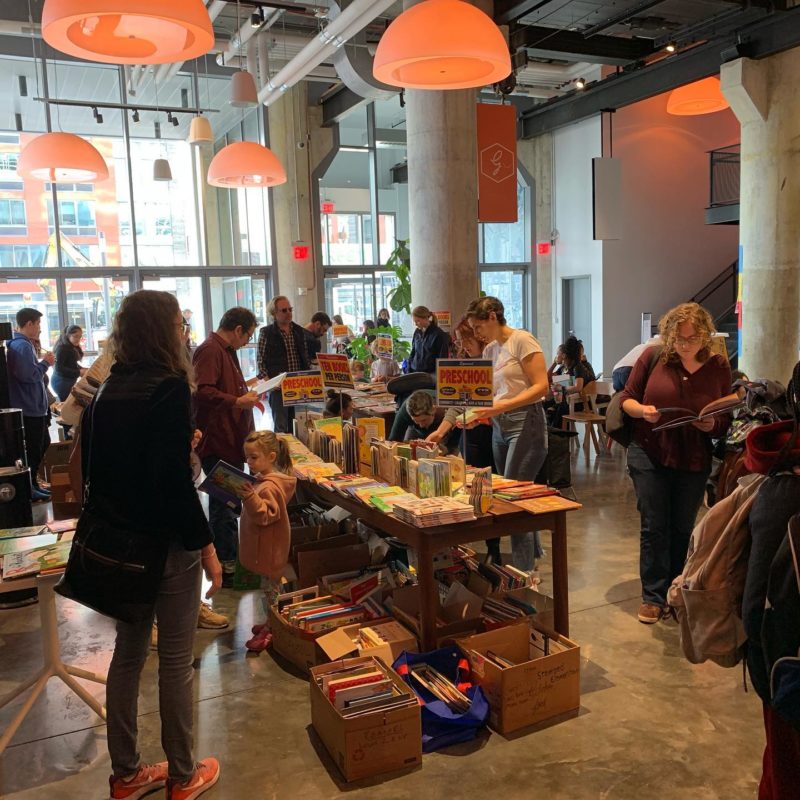
A 2014 study by a team at the University of Nevada-Reno, which the Bodega team often cites, observed children in 42 different countries and found that, across the board, books in the home correlated with improved test scores. The findings held true for families regardless of educational background or occupation, the researchers wrote, “but the enhancement is greater for families with little education and low-status occupations.”
A separate 2019 study by sociologists at the Australian National University found that just being around books at home improved children’s literacy, numeracy and digital problem-solving skills, even if the children didn’t regularly read those books.
“If we grow up in a house, in a home where parents enjoy books, where books are given as birthday presents and cherished and valued,” the study said, “this is something that becomes a part of our identity and gives us this lifelong incentive to be literacy oriented, to always kind of steer towards books and read more than we would otherwise.”
That sense of belonging motivates the thinking behind the Book Bodega. Cohen points out that public libraries, as important a resource as they are, can unintentionally put up barriers to housing-insecure families who can’t get library cards, or those who can’t afford to pay fines for returning books late. But beyond even that, there’s something unique that comes with calling a book your own.
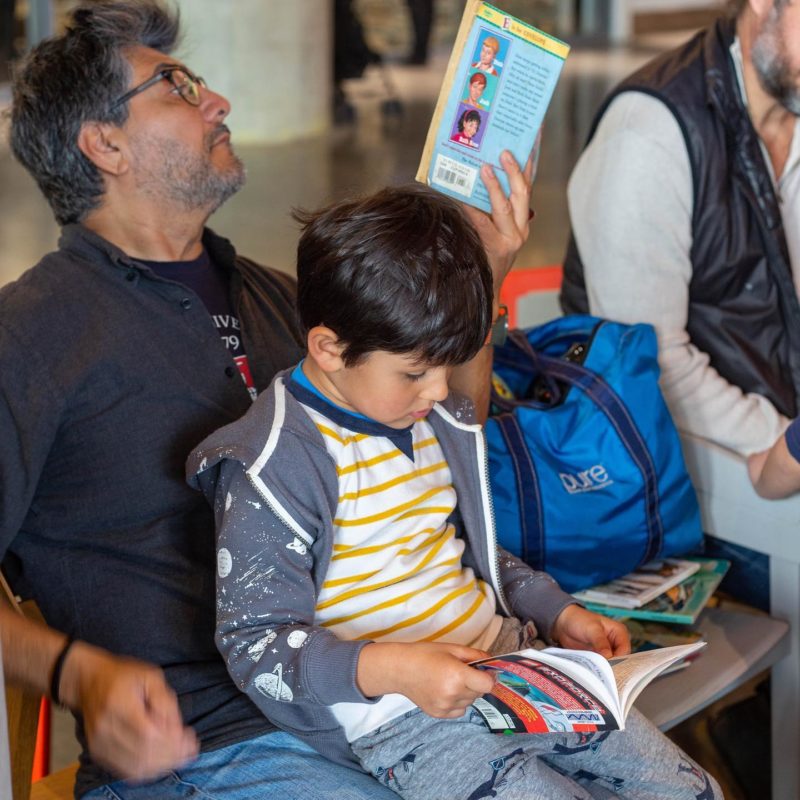
“People read for so many reasons,” Cohen said. “Sometimes you read the hard stuff, but sometimes you want a piece of candy. So when kids have those books in their home, they can reach for them and reread them. You can read it now, or you can save it for 8th grade. There’s this thing that’s like, ‘this is mine, I can read it when I want, and savor it.’”
The Book Bodega’s operations have grown quickly. Book giveaways evolved into book parties, where Cohen and Aghera gave out tickets at the door that were good for a certain number of books, and teachers or authors led readings and discussions with children.
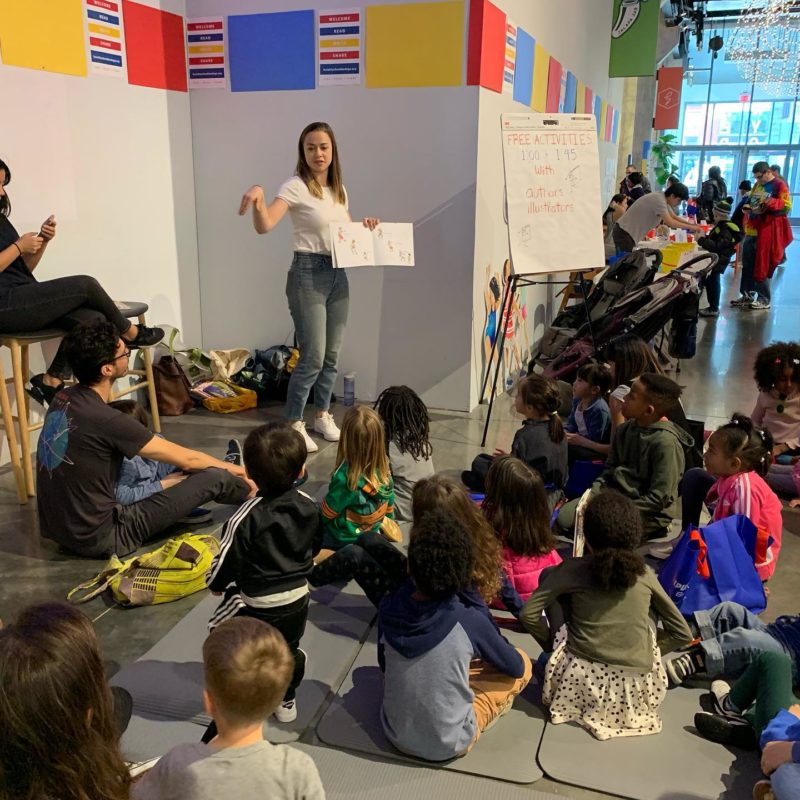
They started giving books to teachers and schools that wanted to give students books to take home. The team opened up a donation drop-off site at the Brooklyn Navy Yard, and partnered with moving companies to accept donations too large to carry by hand. They raised money from donations and grants. They organized a small army of volunteers to conduct outreach, host events, create graphics and collect donations.
At their last in-person events before the pandemic hit, in January 2020, attendees came from all five boroughs and 43 different zip codes. All the while, Cohen and Aghera, who run the organization as volunteers themselves, were constantly tweaking, fine-tuning operations, surveying attendees, partnering with bookstores to offer buy-one-donate-one deals and families organizing lemonade stand fundraisers.
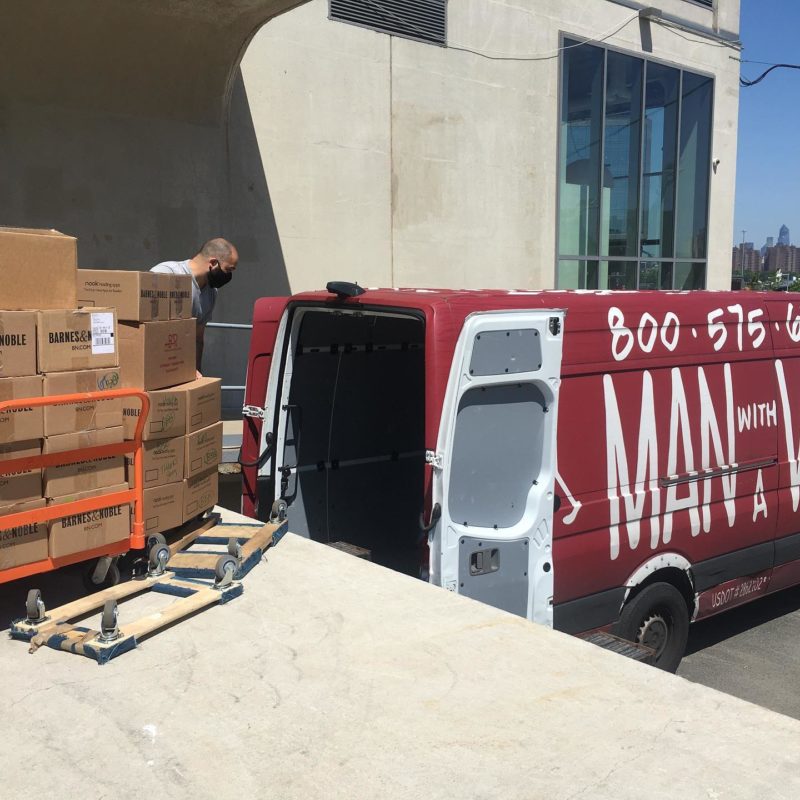
The pandemic put a temporary end to the book parties, but the Bodega team has continued to hold giveaways outdoors, host virtual events, and curate resources for families and educators looking to encourage reading at home.
As a result of that work, the organization’s growth has been staggering. According to Cohen, in 2018, the Bodega gave away just under 2,000 books; in 2019, they gave away just under 17,000; in 2020, a year turned upside down by the pandemic, they gave out almost 41,000 books.
The Bodega has also dramatically increased its use of partnerships, working with over 120 organizations to gather and distribute books. Sometimes, the process of giving away books has had a positive impact on the partner organization as well as the children and families it serves.
One such organization is the education nonprofit Kiddie Science, which offers science programming for kids in Central Brooklyn. When the pandemic forced them to operate remotely, they included Bodega books in the resource packets they were sending to families. Those packets grew into a book swap, which evolved into a community book giveaway, which evolved into a “little free library” box located outside the nonprofit’s space at 509 Rogers Avenue.
“I think having the resources of the Book Bodega helped me with the transition of seeing our mission beyond the walls of the lab,” said Carmen Castillo-Barrett, Kiddie Science’s Executive Director. “It’s been almost a year since everyone’s been physically together, but we’ve managed to meet our mission and connect in bigger ways.”
Cohen says she hopes the Book Bodega’s impact gets bigger as well. She says the organization’s goal for 2021 is to distribute 80,000 books to 15,000 people. And while she is grateful for the hundreds of volunteers that have supported the organization’s work, she also hopes that the Bodega will one day be able to hire paid staff that might take a bit of the work off her shoulders.
“I have 3 kids, and right now everyone’s home all the time,” Cohen said, who briefly postponed her interview with Bklyner so she had time to feed her toddler. “Hopefully I’m going to look back on this in years and say it was special to be together all the time, but I’m also looking forward to a bit more normalcy.”
The Brooklyn Book Bodega accepts both new and gently used books for babies through teens, as well as monetary donations and volunteer help. Those interested in participating can learn more on the Get Involved page at the Book Bodega’s website.

